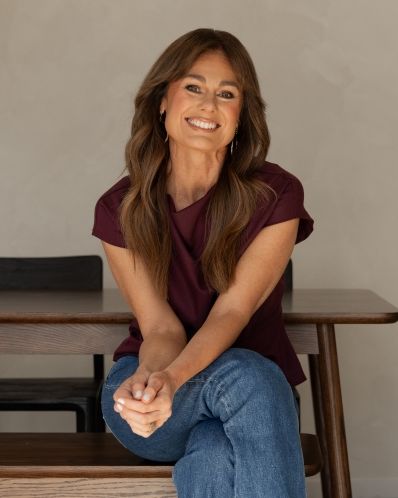OCD study inspires optimism
Researchers reveal ‘exciting’ development linking genes to this common but misunderstood condition.

Queensland researchers have found the genes linked to obsessive compulsive disorder (OCD) for the first time, after identifying 30 regions on the human genome associated with this debilitating yet often misunderstood mental health condition.
The global research, published in the journal, Nature Genetics, involved more than 50,000 people with OCD and two million people who did not have OCD, and pinpointed approximately 250 genes linked to OCD.
“This is the first study where we found actual genes that play a role in OCD, which is really exciting,” said Professor Eske Derks, senior group leader of the Translational Neurogenomics Laboratory at QIMR Berghofer in Brisbane.
“We’ve been working on this for many years, but these findings have dramatically increased our knowledge of the genetic basis of OCD.”
OCD is often categorised as an obsession with cleaning or checking. However, it can take many forms including people worrying about harming others, doubts about relationships, existential worries, inappropriate sexual thoughts, or persistent concern about their responsibilities in life.
The study revealed that genes linked to OCD are most active in three key brain areas: the hippocampus, striatum, and cerebral cortex. These findings align with previous neuroscience studies, strengthening the evidence for these regions' involvement in OCD.
Professor Derks said, “We found a really large number of genes which are shared with anxiety disorders, depression, and also with anorexia nervosa.
“There’s a lot of overlap in the genes that cause these different mental health conditions.”
Clinical psychologist and OCD specialist, Dr Emily O’Leary, said despite being as common as diabetes, OCD can be a hidden disorder.
“It can be incredibly impactful to the point that the World Health Organisation rates it as one of the top 10 disabilities in the world. It not only impacts the individual, but also the family, because everyone is trying to accommodate the OCD,” she said.
“People who suffer from OCD are driven by a fear they’ve done something wrong, or that they’re going to do something wrong.
“They worry they could hurt their loved ones or themselves. For people with OCD, it’s like being trapped in their own worst nightmare.”
Professor Derks said the future is looking brighter for people with OCD, if there’s community and government support.
“The next steps for our research team are to use these genetic discoveries to identify existing drugs, currently being used to treat other conditions, that may be effective for OCD patients, paving the way for more innovative treatment options,” she said.
“OCD has traditionally been an under-funded area of medical science, so in order for us to build on these remarkable genetic findings we need more funding.”
Dr O’Leary said the findings offered an opportunity to speed up diagnosis and treatment.
“What happens in clinical practice is that clients will come to us, typically 10 to 14 years after diagnosis and by this time they are really unwell. What this research shows us is that we can be more proactive and actually start looking at who is more likely to develop the disorder.”
Professor Derks is optimistic about the impact of the research on community understanding of this condition.
“I hope it will reduce the stigma around OCD, showing that this is at least partly in your biology,” she said.
“We want to let people know there is something we can do to help, and we are on our way to developing better targeted therapies for those who are suffering.”

Subscribe to Health Matters today
As we age, our health really does matter – and it’s important to stay up to date with the latest advice and information on health and well-being.
Subscribe to our informative digital newsletter Health Matters, where you’ll receive quality articles, healthy recipes and the latest health information relevant to older Australians. Each edition features contributions from Dr Libby (PhD) – Internationally acclaimed nutritional biochemist, best-selling author, and international speaker – who shares her insights on nutrition, energy, and healthy living. From practical tips to inspiring ideas, Health Matters covers everything you need to know to create and maintain a healthy lifestyle in your later years.
Dr Libby has a Bachelor of Health Science (Nutrition and Dietetics) (Hons), a PhD in Biochemistry, and 25 years of clinical experience.
Disclaimer: This article is for informational purposes only and should not be considered medical advice. Consult a healthcare professional about any health concerns or before making any changes to your medication, diet, or exercise routine.





